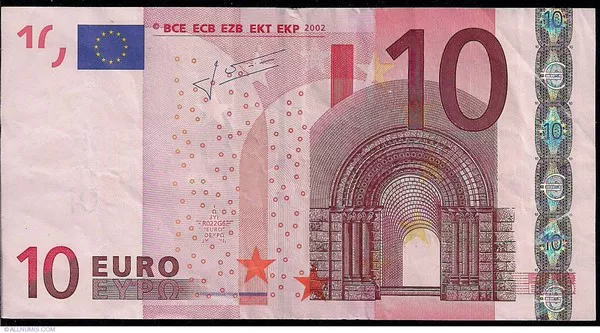The euro, introduced in 1999, has become one of the most widely used currencies in the world. As the official currency of the Eurozone, it plays a crucial role in international trade and finance. However, the question of whether the euro is a stable currency has been a topic of debate among economists and financial experts. This article aims to provide a comprehensive analysis of the stability of the euro, examining various factors that influence its stability.
Economic Performance:
One key determinant of the stability of any currency is the economic performance of the region it represents. The Eurozone comprises 19 member countries, each with its own economic strengths and challenges. Over the years, the Eurozone has experienced periods of economic growth and contraction, impacting the stability of the euro.
The European Central Bank (ECB) plays a crucial role in maintaining economic stability within the Eurozone. Through its monetary policy decisions, the ECB aims to control inflation and ensure price stability. However, differences in economic performance among member countries can pose challenges to the overall stability of the euro. Countries with weaker economic fundamentals may struggle to keep pace with stronger economies, leading to potential imbalances within the currency union.
Fiscal Policy Coordination:
The stability of the euro is also influenced by the coordination of fiscal policies among Eurozone member countries. While the euro brought about a common currency, fiscal policies remain the responsibility of individual governments. This lack of fiscal integration can pose challenges during economic downturns, as some countries may face constraints in implementing counter-cyclical fiscal measures.
The Eurozone has taken steps to enhance fiscal coordination, particularly in response to the global financial crisis of 2008. The establishment of the European Stability Mechanism (ESM) and the Fiscal Compact aimed to strengthen fiscal discipline and coordination among member states. However, ongoing debates about the need for further fiscal integration underscore the complexities involved in maintaining the stability of the euro.
Political Stability:
Political stability is a crucial factor in determining the stability of any currency, and the euro is no exception. The Eurozone has witnessed political challenges, including issues related to governance and decision-making processes. Political uncertainties within the region can lead to market volatility and impact the confidence of investors and the general public in the euro.
Brexit, the process of the United Kingdom leaving the European Union, is a prominent example of how political events can influence the stability of the euro. While the direct impact on the euro was limited, the broader implications of such political developments highlight the need for political stability to maintain confidence in the currency.
External Shocks and Global Economic Factors:
The stability of the euro is also affected by external shocks and global economic factors. The Eurozone, being a major player in the global economy, is susceptible to developments such as trade tensions, geopolitical events, and fluctuations in commodity prices. The ability of the Eurozone to weather external shocks and adapt to changing global economic conditions is crucial for the stability of the euro.
The euro’s role as an international reserve currency and its use in global trade contribute to its vulnerability to external factors. While the Eurozone has demonstrated resilience in the face of various challenges, ongoing efforts to enhance economic and financial resilience are essential for the long-term stability of the euro.
See Also Will the Euro Ever Regain Its Strength?
Conclusion:
In conclusion, the stability of the euro is a multifaceted issue that depends on a combination of economic, fiscal, political, and global factors. The Eurozone has made significant strides in addressing challenges and improving mechanisms to ensure the stability of the currency. However, ongoing debates about fiscal integration and the ever-changing global economic landscape highlight the need for continued vigilance.
While the euro has proven to be a relatively stable currency, its stability is not immune to external shocks or internal challenges. Continued efforts to strengthen economic coordination, enhance fiscal integration, and promote political stability will be essential in maintaining and bolstering the stability of the euro in the years to come. As the Eurozone evolves and faces new challenges, a proactive and adaptive approach will be crucial to ensuring the enduring stability of this important global currency.


